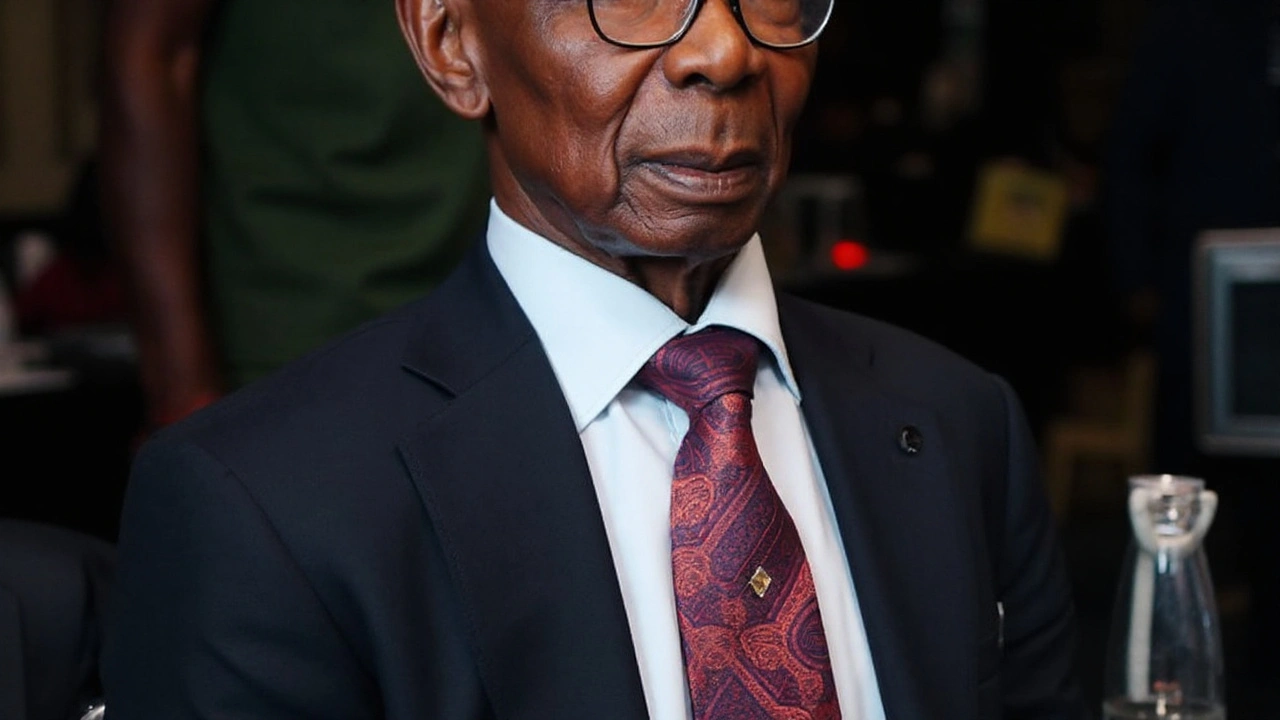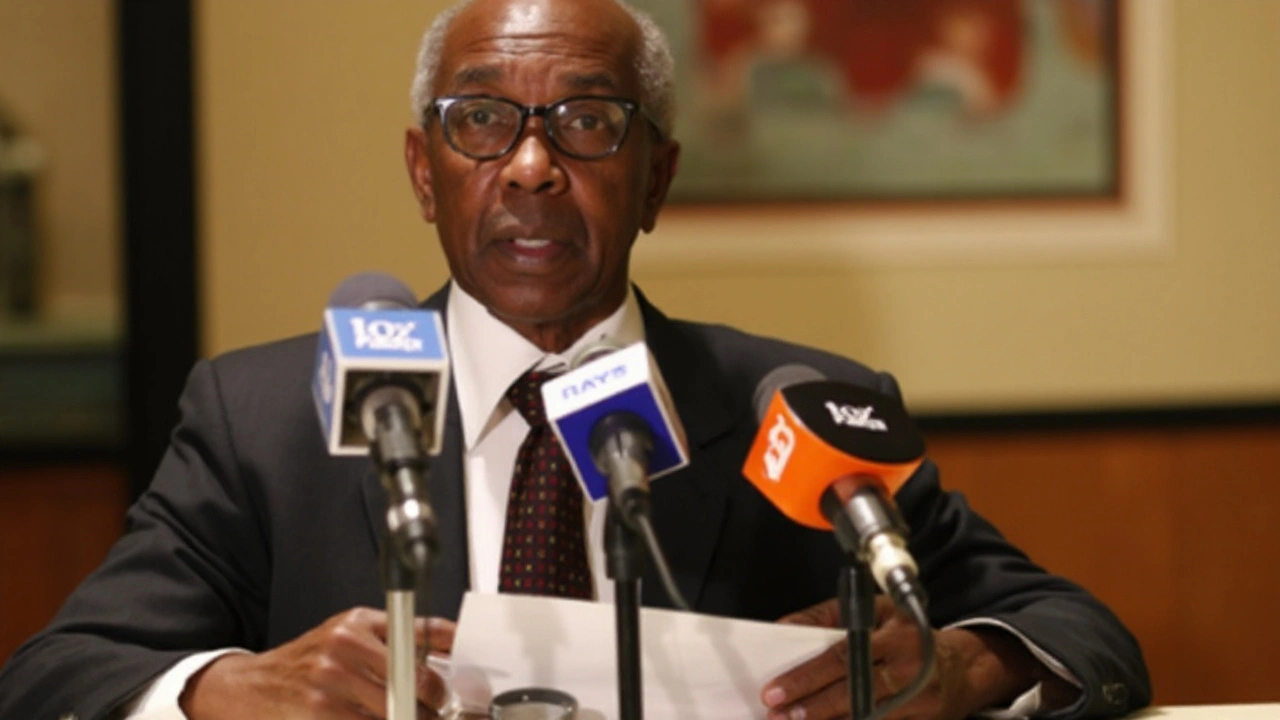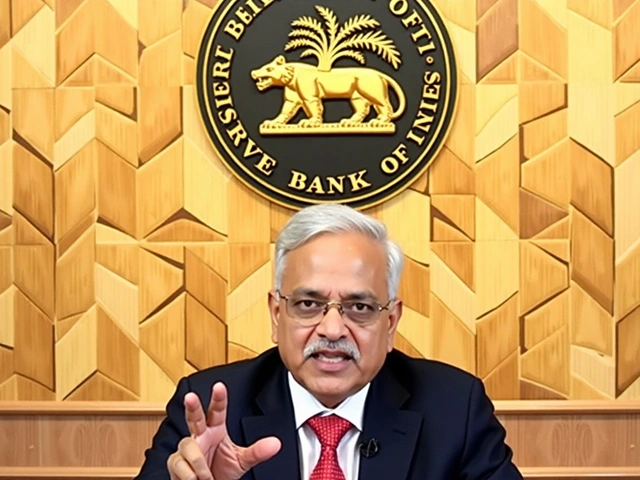When a shareholder tries to pull Ksh 400 million (about $3.1 million) from an insurer’s accounts, the fallout can ripple through an entire industry. That’s exactly what happened at Directline Assurance, Kenya’s biggest player in public‑service vehicle insurance. The episode began in early June 2024, when media mogul Samuel Macharia—chairman of Royal Credit Limited and a Directline shareholder—attempted a transfer regulators called illegal.
Regulators intervene and the insurer is put under watch
The Insurance Regulatory Authority (IRA) acted fast. Citing a breach of Directline’s licence, the agency secured a court order on June 4 to freeze the transaction. In its filing, the IRA warned that the company had already failed to settle roughly Sh 2 billion in claims as of April, raising red flags about its solvency.
Macharia’s response was dramatic. He announced that Directline would shut its doors immediately, dismissed all staff, dissolved the board and claimed that every company asset was now owned by his other venture, Royal Credit Limited. The proclamation sent shockwaves through Kenya’s matatu ecosystem, where Directline commands an estimated 60‑77 % market share and collected Sh 3.1 billion in premiums in April 2022.
The IRA, however, rejected the closure claim and placed Directline under “heightened surveillance.” The authority emphasized that internal shareholder battles do not invalidate existing policies or the insurer’s duty to honour claims. This stance kept the company technically alive despite Macharia’s aggressive statements.

Legal battles, audits and a fight for the insurers’ future
Later that year, a court in October ordered Macharia to return the withdrawn Ksh 400 million, labeling the transfer unlawful. The ruling was part of a broader legal maelstrom that includes accusations of Sh 7 billion being siphoned off by former directors. Macharia has blamed the regulator for not acting against those ex‑directors, arguing they are responsible for the massive losses.
In January 2025, Directline filed its own lawsuit seeking an injunction to stop Macharia from broadcasting warning ads that paint the insurer as unsafe. The court also mandated a forensic audit of the company’s books. An interim board—comprising representatives from AKM Investments Ltd, Janus Ltd and Royal Media Services Ltd—was appointed to oversee the audit and safeguard policyholders’ interests.
While the audit is underway, the IRA continues to affirm that Directline remains fully licensed and operational. Policyholders are being reminded that their coverage remains valid, and the regulator is monitoring the situation closely to prevent any further erosion of confidence in the matatu insurance market.
The saga illustrates how a single financial maneuver can expose deep‑seated governance issues, trigger regulatory action, and threaten the stability of a sector that underpins daily commuter life across Kenya. As the forensic audit progresses and court orders are enforced, the industry watches closely to see whether Directline can rebuild trust and continue its dominant role, or whether the fallout will create space for new players to step into the void.







Abirami Nagarajan
September 24, 2025 AT 17:39The regulator's swift action was necessary to protect policyholders.
shefali pace
September 25, 2025 AT 13:33What a roller‑coaster for the Kenyan matatu world! The sudden freeze on a $3 million transfer turned headlines into a thunderstorm of alarm, yet behind the clamor there’s a chance for renewal. If the insurer can survive this trial, it might emerge stronger, with better governance and restored trust. Let’s hope the forensic audit uncovers the truth and paves the way for a brighter future for commuters everywhere.
sachin p
September 26, 2025 AT 09:33The episode shows how financial moves can ripple across a whole community. It also reminds us that strong oversight is vital for protecting everyday riders. Transparency will be key moving forward.
sarthak malik
September 27, 2025 AT 05:50Directline’s market dominance means any disruption has sector‑wide implications, so regulators acted within their mandate. The court’s order to return the Ksh 400 million reinforces the principle that shareholders cannot jeopardize solvency. A forensic audit will quantify the alleged siphoning of billions and identify any mis‑appropriated funds. Meanwhile, policyholders should continue to pay premiums, as coverage remains intact under the IRA’s watch. Insurers in similar positions can learn from this case to tighten internal controls. Stakeholders must stay informed as the legal process unfolds.
Nasrin Saning
September 28, 2025 AT 02:06We need to keep calm and let the process run its course It is important that all parties respect the court decisions and the regulator’s oversight The matatu drivers and passengers rely on this insurance for daily safety Let us support a fair audit and hope for a stable outcome
gaganpreet singh
September 28, 2025 AT 22:40It is a lamentable truth that the pursuit of personal enrichment frequently collides with the public good, especially in sectors that serve the most vulnerable commuters. When a shareholder attempts to divert millions from a company that underwrites the safety of countless passengers, the moral breach extends far beyond a mere accounting error. The very foundation of trust that insurance rests upon is eroded, and the ripple effects can destabilize an entire industry that forms the backbone of daily transport. Regulators have a duty, not only to enforce statutes, but to act as guardians of societal welfare, and their decisive intervention in this case is a testament to that responsibility. Yet, it is also a stark reminder that governance structures within corporations must be robust enough to preclude such reckless maneuvers. The board’s dissolution and the chaotic proclamations by the aggrieved shareholder only exacerbate the public’s anxiety, sowing doubt about the reliability of essential services. A forensic audit, while burdensome, is an indispensable tool to uncover the depth of any malfeasance, to hold accountable those who siphoned billions, and to restore a semblance of order. The courts, in ordering the return of the illicit Ksh 400 million, reaffirm the principle that no individual is above the law, no matter how powerful their holdings. Moreover, this episode should serve as a cautionary tale to all corporate actors that short‑term gains achieved through illicit means inevitably invite long‑term costs. The insurance regulator’s “heightened surveillance” status is a prudent measure to ensure compliance while signaling to the market that vigilance will not wane. Policyholders, who may feel betrayed, must be reminded that their coverage remains valid, for the insurer, despite internal turmoil, retains its license. In the broader context, the stability of the matatu insurance market is crucial for Kenya’s economic mobility, and any fissure threatens the everyday livelihood of millions. Therefore, stakeholders across the board-shareholders, regulators, auditors, and the commuting public-must collaborate to rebuild the fractured trust. Only through transparent investigation, equitable enforcement, and steadfast commitment to ethical conduct can Directline hope to emerge from this crisis with its reputation intact. The lesson here is timeless: financial stewardship must always be balanced with social responsibility, lest the very fabric of public confidence be torn asunder.
Urmil Pathak
September 29, 2025 AT 19:13The courts stepping in shows that legal channels are still effective in Kenya. It also highlights the importance of clear corporate governance.
Neha Godambe
September 30, 2025 AT 15:46Directline must not be allowed to gamble with the safety of Kenyan commuters, and the regulator’s firm stance is absolutely justified. The illegal transfer cannot be brushed off as a mere bookkeeping error; it is a direct threat to the solvency of a critical insurer. All parties involved should be held fully accountable, and any attempts to downplay the severity will be met with zero tolerance. This is a decisive moment for the industry to tighten its oversight and protect the public.
rupesh kantaria
October 1, 2025 AT 12:20In the annals of Kenyan financial oversight, this incident shall stand as a pivotal illustration of the perils of unchecked shareholder power. The judiciary's directive to restitute the withdrawn funds reaffirms the principle that propriety must supplant priviledge. Nonetheless, the path forward will demand diligent cooperation betwen the regulator, the interim board, and the forensic auditors, lest the confidence of policyholders be further eroded. There're no shortcuts in restoring credibilty, and the sector must learn from this exigency.
Nathan Tuon
October 2, 2025 AT 08:53Stay hopeful, the audit will bring clarity and a fresh start.
shivam Agarwal
October 3, 2025 AT 05:26It’s crucial for the matatu community to stay informed about the developments, as the insurance coverage directly impacts daily commuters. The collaboration between the interim board and the forensic team should aim for transparency, presenting findings in a way that’s understandable for all stakeholders. By doing so, trust can be gradually rebuilt, and the market can move past this turbulence. Let us all keep an eye on the updates and support measures that protect riders.
MD Imran Ansari
October 4, 2025 AT 02:00Wow, what a whirlwind! 🎢 The deep‑dive audit could unearth a treasure trove of insights, turning a crisis into a shining example of resilience 🌟. Let’s cheer for a transparent outcome and hope the insurer emerges like a phoenix from the ashes 🔥.
walaal sanjay
October 4, 2025 AT 22:33Indeed, the situation is complex, multifaceted, and undeniably critical, and yet, with decisive action, robust oversight, and unwavering commitment, we can navigate these turbulent waters, restore confidence, and safeguard the future of Kenya’s essential insurance landscape.